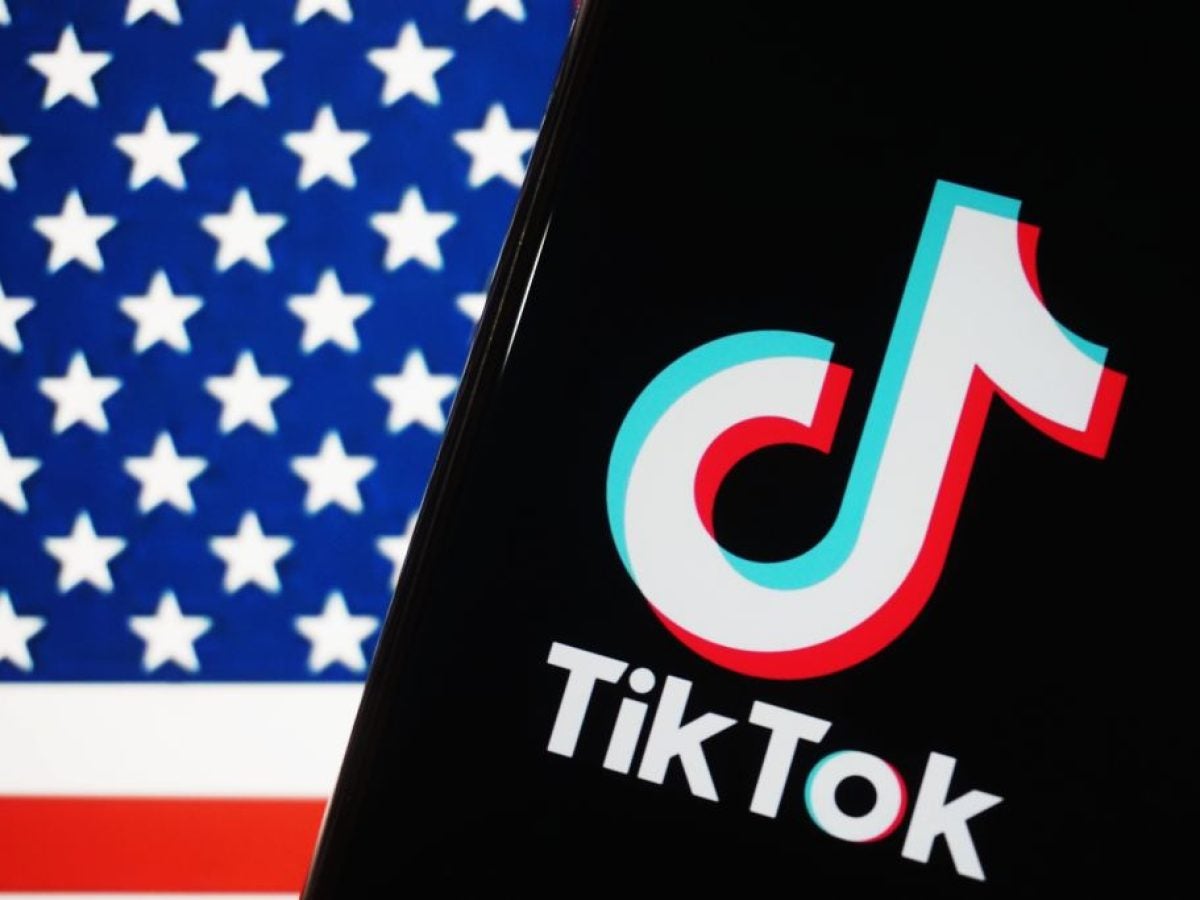
TikTok is poised to be banned in the United States and if it is, one group could be more adversely affected than others: Black content creators.
The House of Representatives has already pushed forward a bill that could lead to the app’s restriction in this country. If passed by the Senate, the bill, which is officially titled the Protecting Americans From Foreign Adversary Controlled Applications Act, would make it so that TikTok will likely no longer be accessible in major U.S. mobile app stores. Lawmakers have been urging the app’s China-based owner, ByteDance Ltd. to sell its stake or face being shutdown as their concerns continue to grow over the current ownership structure posing a national security threat.
This news has been a devastating blow to creators like Summer Lucille, a Charlotte, NC-based entrepreneur that owns the plus size fashion brand Juicy Body Goddess. She says she has been in business for years and has advertised on other social media platforms, but it wasn’t until she joined TikTok did she break sales goals in just one month.
“I don’t even utilize TikTok Shop, that’s the beauty of it,” Lucille tells ESSENCE. “I have built this community of plus size women organically because of this platform.” She adds: “I was able to move 70,000 units in less than 30 days and move into a 15,00 square foot warehouse because of one nine-second viral video.”
Lucille adds tearfully, “I do not know the future of my business that I built and TikTok helped take it to the next level. I don’t know the future and that scares me. It scares me because I devoted my life to this. I’m terrified. I am terrified.”
I’m terrfied. I am terrified.
Summer Lucille, a small business owner that has used TikTok to scale her business.
Many others share her sentiments. TikTok is home to more than 170 million American users; at least 5 million businesses have accounts on the app. Black women receive less than a percentage point in VC funding despite outpacing business growth of men and all other women-owned businesses.
Barrington says TikTok is invaluable in helping cash-strapped Black women entrepreneurs reach their key markets.
“What a lot of people don’t realize is content creators are essentially small businesses,” says Taylar Barrington, Atlanta, Ga-based owner of Agency Cliquish, a management firm for Black influencers. “Black creators could possibly miss out on continuing to grow their business on a viable platform. We’re really talking about economic impact here.”
In recent years, TikTok has become synonymous with digital democratization, effectively making it easier for creators of color to create wide-reaching audiences and have their voices heard when other platforms have suppressed users who don’t participate in pay-to-play tactics. For years now, Black content creators have shared that its near impossible to go viral on Instagram, Facebook and X.
As ESSENCE previously pointed out, despite its own issues, millions of TikTok users are still drawn to the platform because of its surgically effective algorithm that quickly adjusts to micro-interests that span everything from the most popular dance routines, dating advice to breaking news. The latter is especially important as usual fact-finding platforms like X (formerly Twitter) has drastically devolved since Elon Musk took ownership in April 2022.
Creators like Kita Rose, who boasts more than 3.2 million TikTok followers, says she not only uses the platform to learn about global events like the Palestinian-Israeli conflict, but leverages TikTok to make a living as well. After joining its Creator Fund a few years ago, Rose says she has pulled in upwards of $5,000 per month.
“Facebook wasn’t doing that—Instagram was not doing that,” Rose tells ESSENCE. “With YouTube, you had to really be established in order to make that type of money. You had to really be established on there, and I wasn’t. It’s such a bummer that this really important platform, that really seems to be about its community and not feeding into corporate greed, is on the verge of being taken away from us.”
The White House’s speedy watershed decision to move the bill forward is atypical as some bills sit for several months, and underscores the legislature’s eagerness regarding the matter.
“This is not an attempt to ban TikTok; it’s an attempt to make TikTok better,” former House Speaker Nancy Pelosi remarked in a floor debate ahead of the vote.
TikTok disagrees.
“This process was secret and the bill was jammed through for one reason: it’s a ban,” a TikTok spokesperson said in a statement shared with ESSENCE. “We are hopeful that the Senate will consider the facts, listen to their constituents, and realize the impact on the economy, 7 million small businesses, and the 170 million Americans who use our service.”